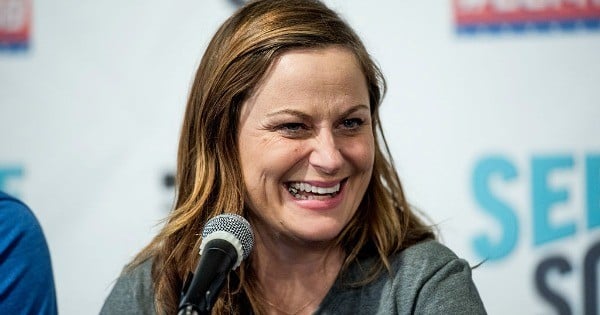
In the field of politics, women are discouraged from voicing their opinions and are seen as bossy, loud and overpowering when they make strong decisions. When men do the same, they’re seen as good leaders. There’s a real double standard. But we can change that, writes 17-year-old Abby Butler.
According to its definition, to be bossy is to be fond of giving people orders.
It is to be domineering, autocratic, dictatorial and oppressive and when I was younger I remember being called bossy a lot.
I distinctly remember running my first meeting for the volunteer group at my primary school and having that adjective spat at me by an older boy.
I was made leader of the group in Year Five, and this particular Year Six boy was clearly unhappy with that particular democratic process.
It may have been that I had decided he would be on the face painting stall at the school fete, but I think it was something much more ingrained that fuelled this discomfort with the situation.
Watch Abby speak to ABC News about her role as Youth Premier of New South Wales.
You only have to look as far as your own childhood to recognise where and why this divide occurs.

Top Comments
I think we might be forgetting we are talking about a young person here. We may not need to stomp on her take on the word bossy. Gentle guidance is sometimes the way to go. Perhaps this is her first article published to a wide audience.
Bossy is not a complimentary term, just like domineering, oppressive and dictatorial are not complimentary terms. It doesn't just mean loud or opinionated or driven. Nor does it mean passionate, ambitious or prepared to lead. "Bossy" people may have those qualities but it's not why they're called bossy.
I was called "bossy" as a child. It was because when I'd get in a group, I'd want it to be my way or the highway and for no one else to have a say. Is that something we really want to encourage or applaud?
There's no need to reclaim the word "bossy". It was never a positive term to begin with and we already have plenty of positive/neutral words to describe the kinds of leadership behaviour the "ban bossy" movement wants to encourage.